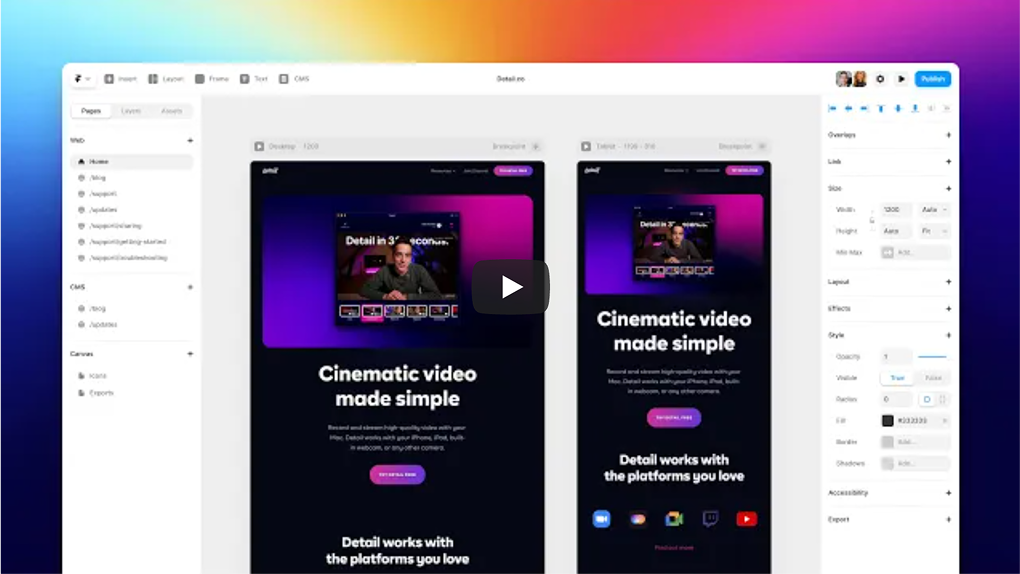
Implementing Skill-Based Systems in Organizations
March 30, 2023

Today, we’re working in a world that’s suddenly aware of the importance of power skills in business growth. However, it’s also a world that’s struggling to navigate this space. In many conversations we’ve had on Skill Flex, we’ve heard senior professionals talk about how despite the increased awareness on power skill development, most organizations find it hard to implement skill-based systems because it breaks convention significantly at many levels.
We recently spoke with two senior professionals, both with nearly two decades of experience in HR and learning and development respectively, Dipali Pallai and Swati Gupta, as a part of our March Huddle on Skill Flex. They brought in a very interesting perspective on how organizations essentially look at skills.
Listen to the full discussion here.
They believed that businesses have been using skills for decades to define work. However, what is different today is the speed of change and the AI and technology that is driving it. In fact, it is significant to note that a lot of companies do use some form of a skill-based system at specific levels and functions but largely around technical skills and competencies related to their role. Swati Gupta, who works with PwC Acceleration Centres, believes that skills and competencies have been very essential components of corporate organizations but in a very different way as opposed to today’s outlook.
Dipali, an independent HR consultant, had a similar view when it came to the application of existing skill-based systems. “We document the skills that people have at the time of the interview and see how they progress through their life cycle with the company. So, that way it also helps us when we are doing any sort of training and development. It also shows us how, how they’re motivated to move by themselves within the organization,” she said.
Over the years, there has been a distinct change in how organizations view skill development. People who have been in the industry for a while witnessed this shift closely and believe that behavioral skills were deeply integrated in organizational systems until recently. With the advent of technology, a lot of focus shifted towards upskilling teams to stay updated with the changing world around us. However, in that process, behavioral skill development took a back seat.
The pandemic brought power skills back into focus because organizations fast-realized that in order to sustain the future of work and the prevalent uncertainty, teams need skills like Empathy, Resilience, Critical Thinking and more. In the current scenario, in order to ensure that people get a chance to move up the ladder organically, it is essential that organizations implement very strong skill development initiatives within the organization.
Swati believes that that definition of skills has evolved. “Just like everything else, the corporate world is also evolving and we are discovering new ways of working every year. Earlier anything outside of technical skills included communication skills, email writing, business etiquette, and maybe a hint of emotional intelligence or working in a team. Now, the whole fabric has evolved to a much stronger system wherein we start seeing skills like Critical Thinking, Resilience, Negotiation, and much more.”
The stage at which skill-based systems are implemented in an employee’s journey is also critical. This is probably one of the reasons that increasingly organizations are focussing on revamping onboarding training to become more skill-based and not limited to product and process training. Dipali explained this, “Onboarding training is mostly focused on the technical aspects, the harder skills that a person is supposed to have. This happens primarily because most onboarding takes place at a group level rather than an individual level, making the process of implementing a skill-based system very difficult.”
Moving forward, the common belief that Dipali and Swati shared was that the path to implementing skill-based systems is not clear for most organizations, but they’ve set foot on it. We are much better set than what we were about five or ten years ago because there are solutions available in the market. Fundamento works with organizations to implement this skills transformation. If you’d like to know more about what we do, please write to us at hello@fundamento.ai.



